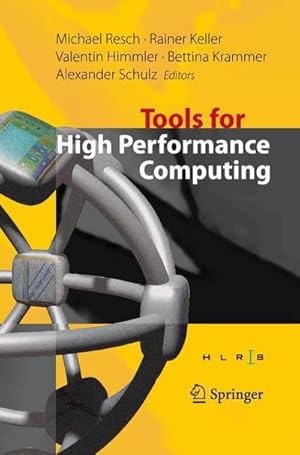Developing software for current and especially for future architectures will require knowledge about parallel programming techniques of applications and library p- grammers. Multi-core processors are already available today, and processors with a dozen and more cores are on the horizon. The major driving force in hardware development, the game industry, has - ready shown interest in using parallel programming paradigms, such as OpenMP for further developments. Therefore developers have to be supported in the even more complex task of programming for these new architectures. HLRS has a long-lasting tradition of providing its user community with the most up-to-date software tools. Additionally, important research and development projects are worked on at the center: among the software packages developed are the MPI correctness checker Marmot, the OpenMP validation suite and the M- implementations PACX-MPI and Open MPI. All of these software packages are - ing extended in the context of German and European community research projects, such as ParMA, the InterActive European Grid (I2G) project and the German C- laborative Research Center (Sonderforschungsbereich 716). Furthermore, ind- trial collaborations, i.e. with Intel and Microsoft allow HLRS to get its software production-grade ready. In April 2007, a European project on Parallel Programming for Multi-core - chitectures, in short ParMA was launched, with a major focus on providing and developing tools for parallel programming.
With the advent of multi-core processors, implementing parallel programming methods in application development is absolutely necessary in order to achieve good performance. Soon, 8-core and possibly 16-core processors will be available, even for desktop machines. To support application developers in the various tasks involved in this process, several different tools need to be at his or her disposal. This workshop will give the users an overview of the existing tools in the area of integrated development environments for clusters, various parallel debuggers, and new-style performance analysis tools, as well as an update on the state of the art of long-term research tools, which have advanced to an industrial level. The proceedings of the 2nd Parallel Tools Workshop guide participants by providing a technical overview to help them decide upon which tool suits the requirements for the development task at hand. Additionally, through the hands-on sessions, the workshop will enable the user to immediately deploy the tools.
